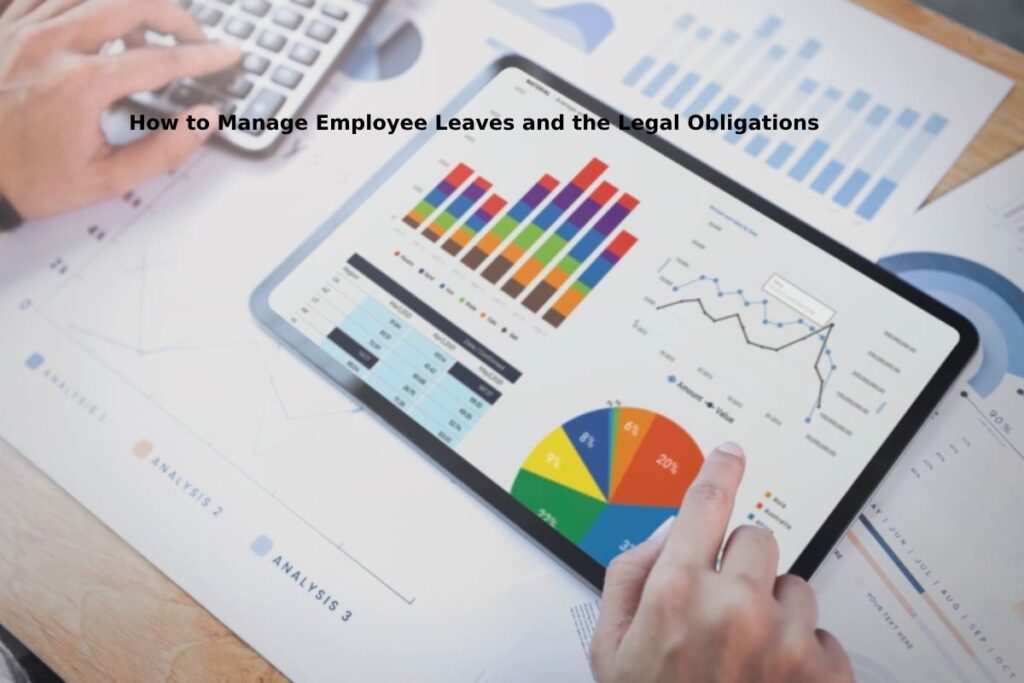To manage a business effectively, it’s essential to administer employee leaves in line with Canadian employment law. Employers must be familiar with various leave types and their legal responsibilities to ensure fair handling and compliance with regulations. Key points about managing employee leaves include:
Maternity and Parental Leave
Maternity and parental leave are rights that Canada safeguards. Women workers can take a break for maternity, usually of 15 to 17 weeks depending on the province or territory. Parental leave might be available for both parents, but its lengths differ. It is important for employers to understand the leave entitlements in their area and adjust for employees. If employees take these leaves, they have a right to come back to their job or similar position.
Sick Leave and Personal Emergency Leave
Employers must understand local sick leave laws since regulations vary by region. Workers usually can take leave for illness or medical appointments. Personal emergency or compassionate care leave is available for family crises like caring for an ill relative. Employers must acknowledge these leaves and plan for the worker’s return when ready.
Vacation and Holidays
In a year, Canadian employees get vacation time and statutory holidays. The amount of it depends on the province or territory they are in, also how long that person has been working for. Employers have to give holiday pay and make sure that employees take their vacations as the law says. Keeping accurate records of vacation time and holidays is crucial for compliance.
Bereavement and Compassionate Care Leave
When a worker has to face the death of someone dear, they might have right to take bereavement leave. The length of this time off changes with where you are working and also how close your relationship was to that person who passed away. In some cases, compassionate care leave is possible for employees who need to provide end-of-life support for a family member. Employers must respect these leaves and accommodate employees’ needs during these difficult times.
Jury Duty and Voting Leave
In Canada, workers have the right to take leave for jury duty and for voting in elections without facing negative work repercussions. Employers are required to facilitate these civic leaves, which are usually unpaid, although employees might get compensated for jury service elsewhere.
Understanding Leave Documentation and Notice
Make sure there are policies in place for leave requests and the documents needed. Often, when an employee asks for time off, they have to give notice and show proof like a sick note from a doctor or certificate of death if it’s bereavement leave. It’s important that employers maintain workers’ privacy while still having enough details to authorize their request for leave.
Consulting an Employment Lawyer
The laws about employment in Canada are not simple, and managing leaves for employees has specific requirements that can change depending on the jurisdiction. Talking to an employment lawyer can assist business owners to understand and follow the rules of their province or territory. They may also offer advice on creating leave policies as well as handling disagreements related to employee leaves.
Balancing Leave Accommodations with Business Needs
It is important to make room for employee leaves, but employers also need to consider the requirements of the business. They can think about temporary substitutes, changes in work hours or reassigning tasks among other workers. Talking openly with the employee and other staff members might assist in making a seamless change when the leave period starts.
If business owners are aware of the legal duties and recommended methods for handling employee leaves, they can establish a helpful work atmosphere that aligns with Canada’s employment law. Allowing the required time off and adjustments shows regard to employee requirements and helps foster good workplace ambiance.


